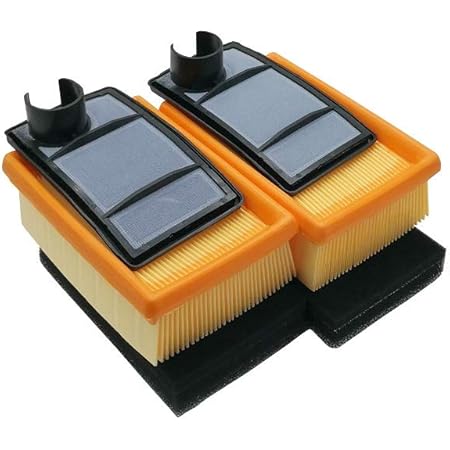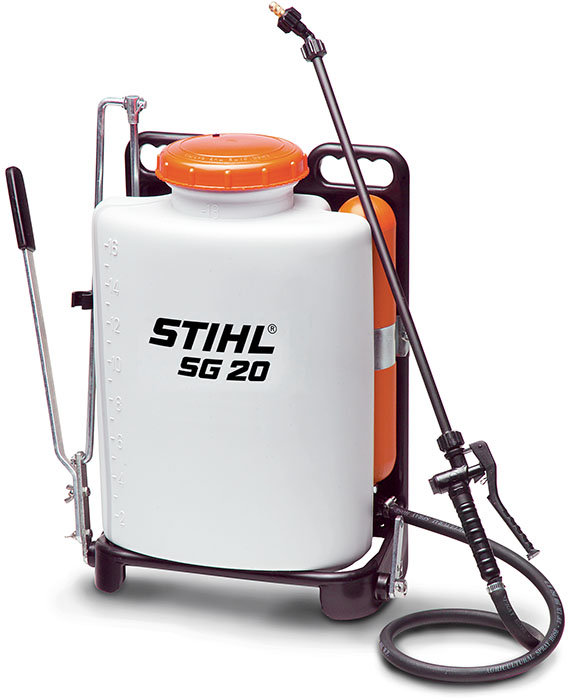Stihl Backpack Sprayers: A Landscaper’s Perspective
For professional landscapers, efficiency and reliability are paramount. Choosing the right equipment can mean the difference between a smooth workday and a frustrating one. When it comes to applying herbicides, pesticides, or fertilizers, a backpack sprayer is often the go-to tool. And in the world of professional-grade backpack sprayers, Stihl consistently ranks high. But what makes a Stihl backpack sprayer stand out? This in-depth look, gleaned from the experience of seasoned landscapers, will delve into the specifics, helping you understand why these sprayers are a popular choice and whether they’re the right fit for your needs.
The Unsung Hero: Torque and its Significance

You might not think about torque when selecting a backpack sprayer, but it’s a critical factor, especially when dealing with thicker liquids or higher pressures. Torque, or rotational force, determines the sprayer’s ability to overcome resistance. A high-torque engine ensures consistent spraying, even when battling clogged nozzles or working with viscous solutions. A low-torque engine can struggle, leading to sputtering, inconsistent spray patterns, and ultimately, wasted time and materials. Landscapers often prefer sprayers with high torque for their ability to maintain a steady pressure, even while working on uneven terrain or dealing with heavy workloads.
Stihl Backpack Sprayer Engine Options: A Detailed Overview
Stihl offers a range of backpack sprayers, each with unique engine specifications. While specific models and their availability change, the common thread is the focus on powerful, reliable, and efficient engines. Many models utilize a 2-stroke engine, known for its lightweight design and high power-to-weight ratio. These are ideal for maneuverability and prolonged use, a critical factor for professionals working long hours. However, it’s crucial to note that Stihl, like other manufacturers, continually updates its product line. Always check the manufacturer’s website for the most up-to-date information on engine types, displacement, and power output for specific models.
Torque and Towing Specs: Getting into the Details

Unfortunately, Stihl doesn’t explicitly list torque specifications for its backpack sprayers in the same manner as, for instance, a lawn tractor. The information is often presented implicitly through power output (measured in horsepower or cc) and pressure capabilities. A more powerful engine generally equates to higher torque, translating to better performance under pressure. Remember that “towing” isn’t a relevant specification for backpack sprayers; they are designed for carrying and operating by a single person. Focus instead on the sprayer’s tank capacity and the pressure it can maintain – these are better indicators of its overall performance and suitability for your specific needs.
Stihl vs. the Competition: A Landscaper’s Perspective
Stihl competes with other reputable brands like Solo, Field King, and Chapin. While direct comparisons depend on specific models, Stihl often gains a competitive edge with its reputation for build quality and engine performance. Landscapers frequently praise the durability and longevity of Stihl equipment. However, other brands might offer sprayers with comparable features at slightly lower price points. The choice often comes down to balancing the cost with the anticipated lifespan and reliability of the equipment – a crucial consideration for professional users who rely on their tools daily.
Practical Advice from Experienced Landscapers

Here’s what seasoned landscapers recommend when using Stihl (or any) backpack sprayers:
- Regular Maintenance: Proper cleaning and maintenance after each use are vital for extending the lifespan of your sprayer. Follow the manufacturer’s instructions meticulously.
- Fuel Mix: Use the correct fuel-to-oil ratio for your 2-stroke engine. Incorrect mixing can severely damage the engine.
- Nozzle Selection: Choose the right nozzle for the job. Different nozzles produce different spray patterns and are suited to various applications.
- Ergonomics: Pay attention to the sprayer’s weight distribution and adjust the straps for comfort. Backpack sprayers can be heavy, and prolonged use can cause strain. Take breaks as needed.
- Safety First: Always wear appropriate personal protective equipment (PPE), including gloves, goggles, and a respirator when handling chemicals.
- Preventative Maintenance: Regular tune-ups and inspection for wear and tear will significantly reduce downtime and maximize the lifespan of your sprayer.
Conclusion: Making the Right Choice

Choosing a backpack sprayer is a significant investment for professional landscapers. Stihl sprayers offer a compelling combination of power, reliability, and durability, often backed by a strong reputation. However, it’s essential to carefully consider your specific needs, budget, and the types of applications you’ll be using it for. Research different models, compare specifications, and consider seeking recommendations from other professionals before making your decision. Remember, the right tool for the job can significantly impact your efficiency and overall success.




